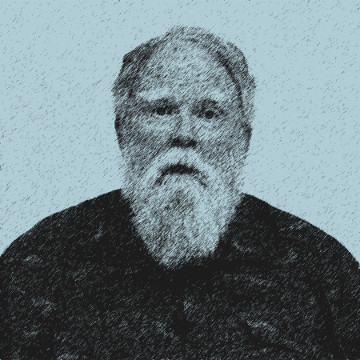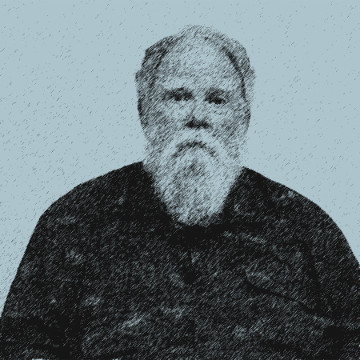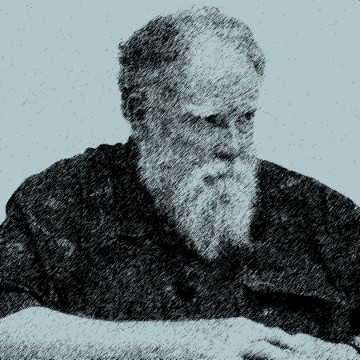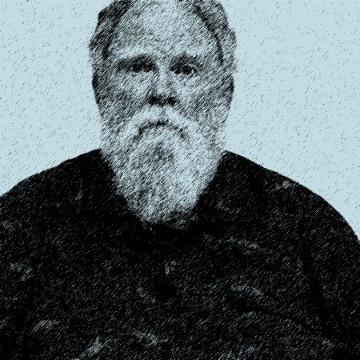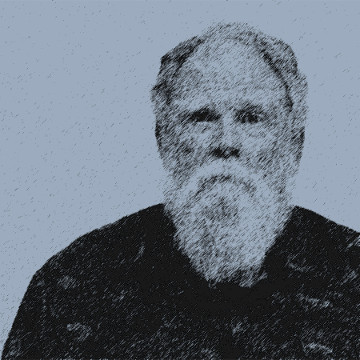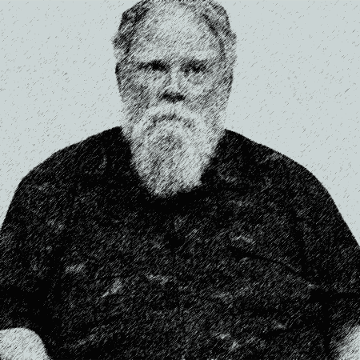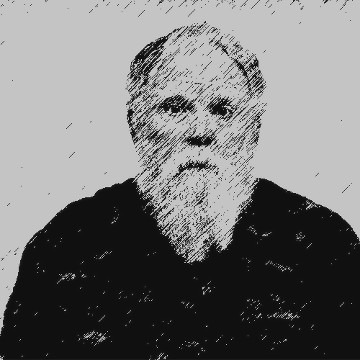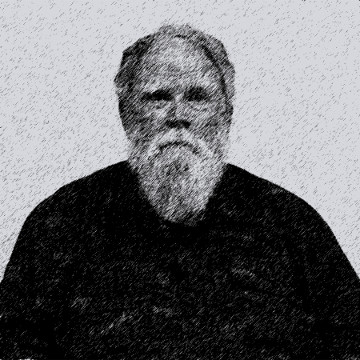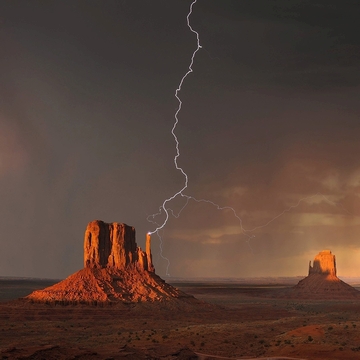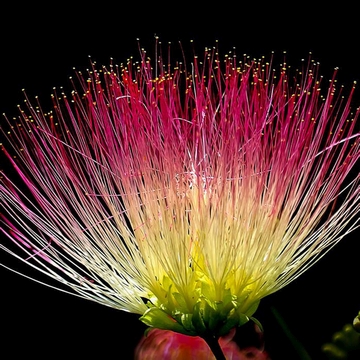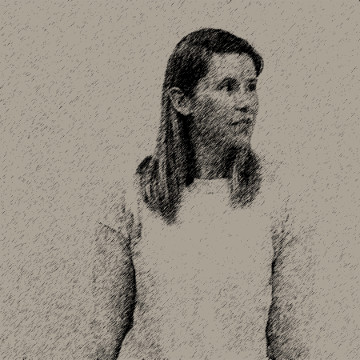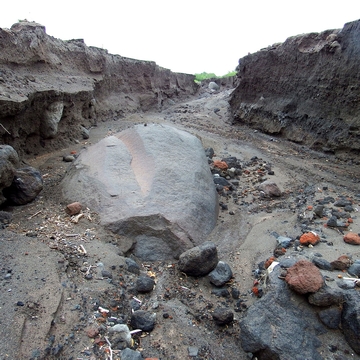Credit: Hartman, Steven, Peter Norrman, Anders Birgersson and Thomas McGovern. Lessons of the Norse Greenlanders (2) — traditional ecological knowledge. Originally published in bifrostonline.org, 12 February 2017 (CC BY-SA 2.0)
Lessons of the Norse Greenlanders (2) — traditional ecological knowledge
In this second in a series of four linked Bifrost Insights, archaeologist Thomas McGovern discusses the well known but imperfectly understood case of the Norse Greenlanders and the role that climate change and other factors played in the curious fate of their society. He discusses in particular the significance of local and traditional ecological knowledge (L/TEK) and one or more ways in which it may have factored into the story of Norse Greenlandic society. The Norse settled in Greenland with a significant population at the tail end of the Viking Age. Their society developed to support more than one settlement and eventually saw the establishment of a Bishopric. But just 500 years after its founding the society ended mysteriously. It is a story with unexpected turns and multiple dimensions that are unpacked in a series of four Insight installments.
https://www.thecommonsjournal.org/articles/10.18352/ijc.698/

